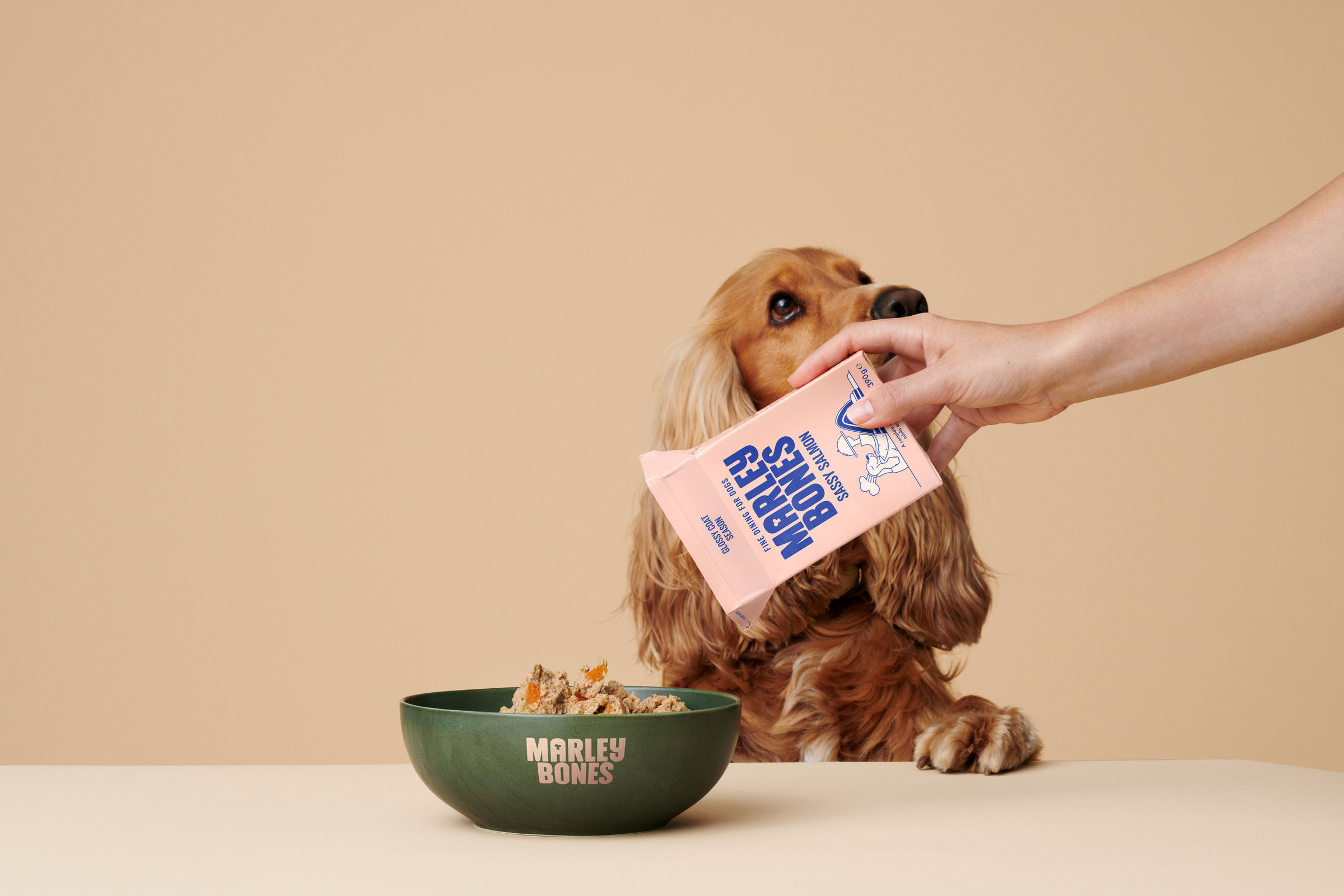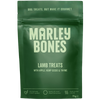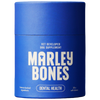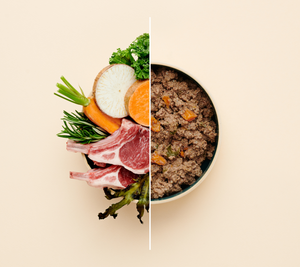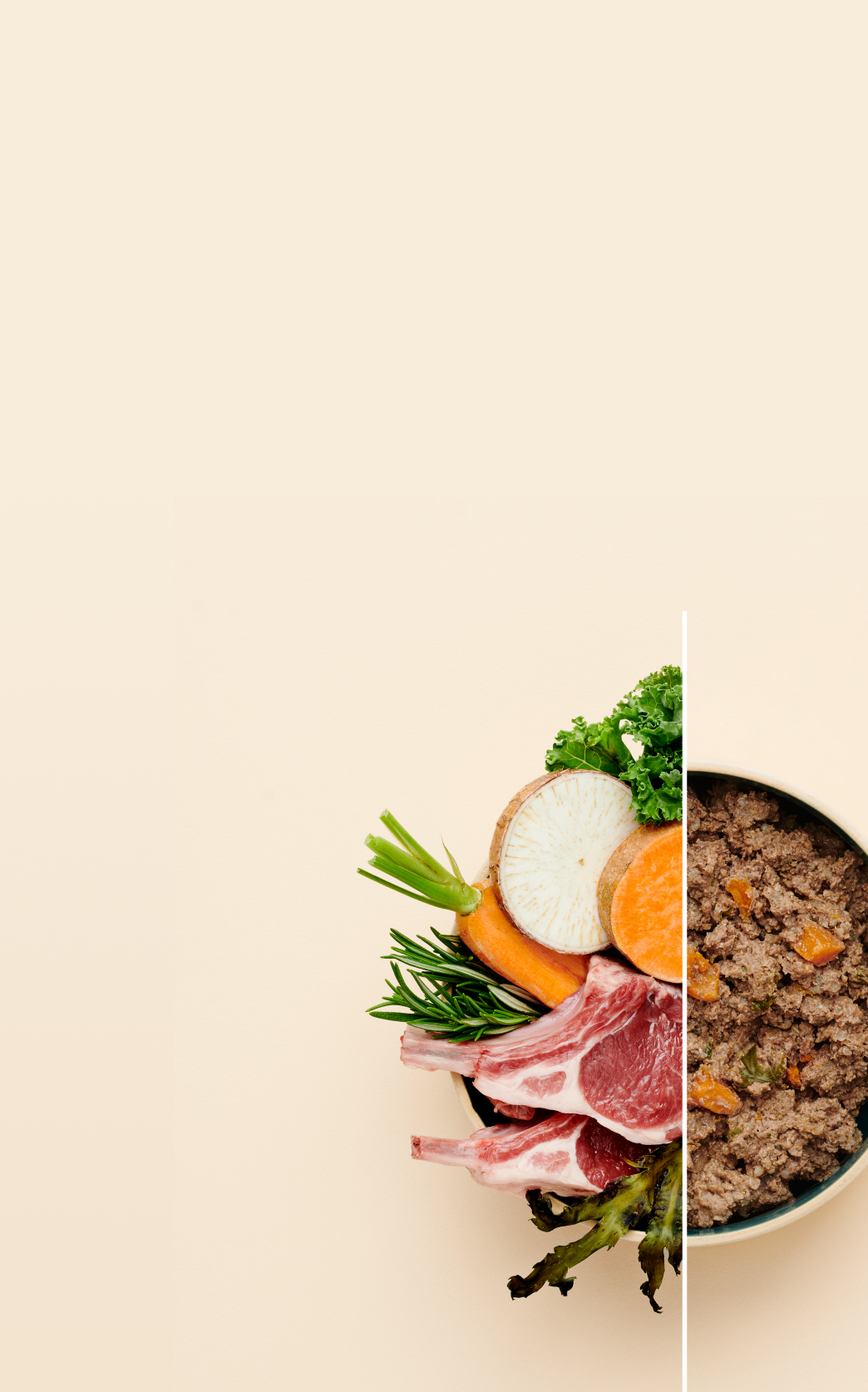Can Dogs Eat Sweet Potatoes? Vet-Reviewed Guide to Benefits, Risks & How to Serve Them
Sweet potatoes aren’t just a cosy comfort food for humans — they can be a healthy addition to your dog’s bowl when prepared and served properly. They’re naturally rich in fibre, vitamins and antioxidants, and can support digestion and overall wellbeing. But there are a few important rules around cooking, portions and health conditions you’ll want to follow.
This guidance is vet-reviewed by Dr Davide Stefanutti, DVM, PhD.
Why Sweet Potatoes Can Be Good For Dogs
Cooked sweet potatoes can contribute gentle, slow-release energy and gut-friendly fibre. Their bright orange hue comes from beta-carotene, which the body converts to vitamin A to support vision, growth and immune function. They’re also generally easy to digest when cooked and mashed or cubed.
Nutritional Content: What's Inside a Sweet Potato?
Sweet potatoes bring a useful spread of micronutrients and fibre. In plain, cooked form they provide:
- Vitamins: A (via beta-carotene), C, B6
- Minerals: Potassium, Magnesium, Calcium, Manganese
- Dietary fibre: helps regulate stool quality and supports gut health
- Carbohydrates: a natural starch source that, when managed correctly, can fit into a balanced diet
“The glycemic index measures the increase in blood glucose after eating a carbohydrate-containing food. The lower the index, the lower the rise in blood glucose after a meal. For diabetic dogs, you want to avoid rapid spikes — so not only should carbohydrates be limited, but those that are included should have a low glycemic index.”
Cooking Method Changes the GI:
- Boiled sweet potatoes: low glycemic index — in moderation they can suit diabetic dogs.
- Baked sweet potatoes: high glycemic index — avoid if your dog has diabetes.

How to Prepare Sweet Potatoes for Dogs
- Always cook them — boiling or steaming until soft is ideal. Raw sweet potato is harder to digest and cooking helps reduce naturally occurring compounds.
- Serve plain — no butter, oil, salt, sugar or spices.
- Mash or cube — mashed is gentle on tummies; small cubes work well as high-value training rewards.
- Dehydrated slices can make chewy, single-ingredient treats.
- Skip the skin if your dog is sensitive; it’s tougher to digest.
- Portion control: keep sweet potato to under 10% of daily calories as a topper or treat to avoid imbalance and excess calories.
Introduce gradually and watch for any changes in stool, skin or behaviour.
Risks & When To be Cautious
Sweet potatoes are wholesome in moderation, but too much or the wrong prep can backfire:
- Vitamin B1 (thiamine) demand:
Dr Stefanutti notes: “Sweet potatoes’ carbohydrate content can increase the metabolic demand for vitamin B1. Diets relying on sweet potato as a primary ingredient risk deficiency. Use them as part of a varied, balanced diet — not the base.” - Vitamin A excess:
Overfeeding can contribute to hypervitaminosis A, with signs such as reduced appetite, GI upset, lethargy, muscle weakness or tremor, bone issues, eye irritation and, in severe cases, neurological symptoms (including seizures and coma). - Digestive upset:
A sudden fibre increase can cause diarrhoea or constipation. Go slow. - Allergy (rare):
If you see itching, hives or GI discomfort, stop and speak to your vet. - Weight gain:
They are calorie-dense carbohydrates. Keep portions small, especially for less active dogs.
The Simple, Safe Option
If you’d like the benefits without the guesswork, feed a complete, fresh, vet-formulated meal that already includes the ideal amount of sweet potato — such as Marleybones. Recipes are balanced to deliver fibre and micronutrients alongside high-quality proteins and fats, so you’re never edging into excess.

The Final Woof
Yes — dogs can eat sweet potatoes, if they’re cooked, served plain, and fed in moderation. They’re a smart source of fibre, antioxidants and key vitamins, but they should complement a complete diet, not replace it. For diabetic dogs, stick to boiled sweet potato only and always check with your vet.
As with any new ingredient, introduce slowly, watch your dog’s response, and you’ll be able to enjoy this wholesome veg confidently and safely.





